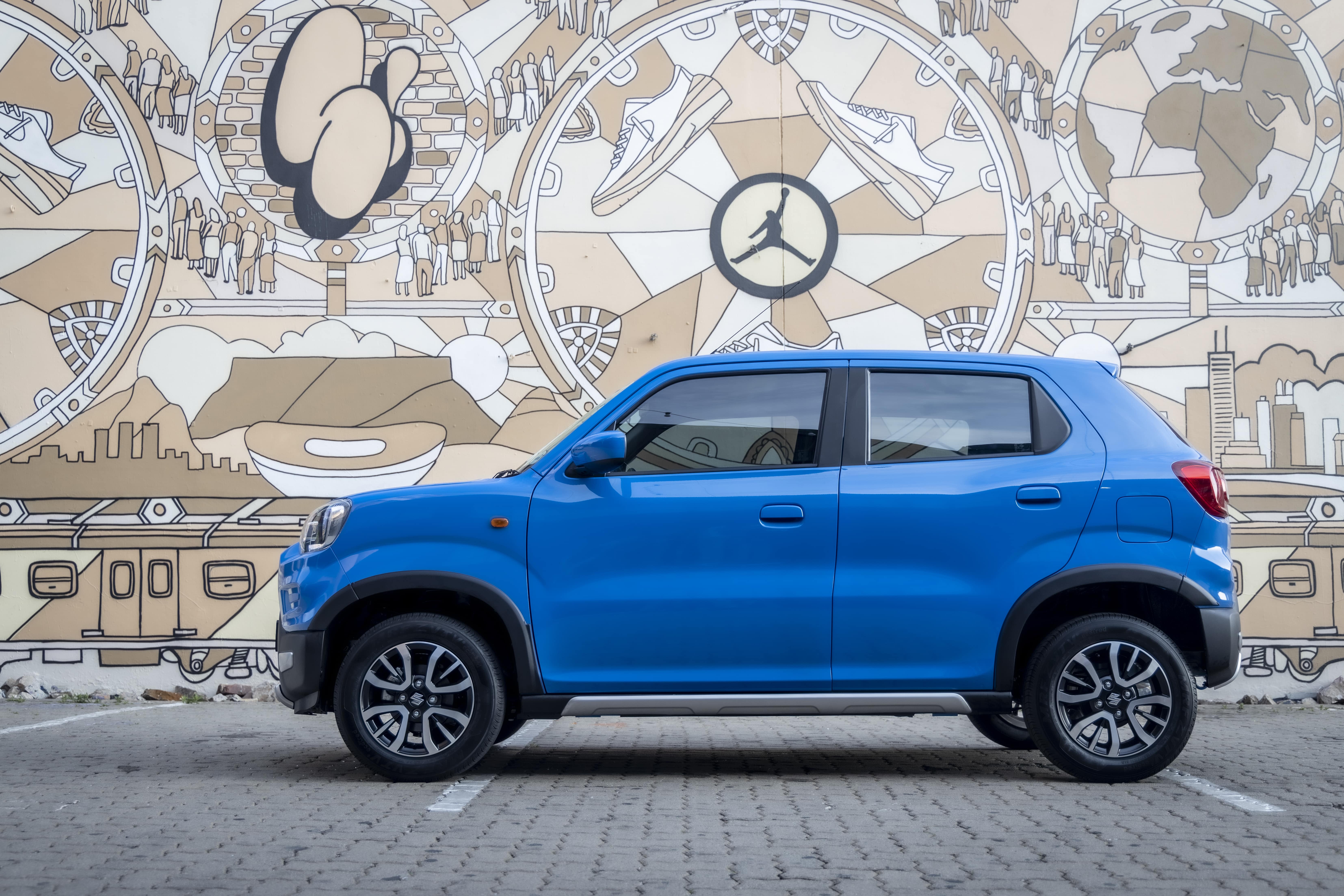Are your bad driving habits ruining your car before it’s time? Read up here to find out.
Modern cars are designed and built to run for thousands of kilometres and feature an array of sensors and systems to warn drivers of problems or imminent failures.
However, bad driving habits can seriously shorten the life of a car, whether this comes from hammering the engine to riding clutch they are habits that can be changed.
1. Resting your hand on the gear-stick
Whether manual or automatic, the lazy left hand draped nonchalantly over the gearshift is not cool. It is bad for the transmission.
The gear stick is connected to a selector fork, which is designed to make contact with a rotating collar for a short amount of time. Therefore, if you rest your hand on the gear stick, you risk applying pressure to the selector fork, causing premature wear.
2. Hitting potholes and speed bumps
We all know potholes are the bane of life for South African motorists but drivers need to pay more attention and take special care not to hit them.
The impact can cause buckled wheels, lumps in the tyre and cracked alloys, as well as upsetting the tracking and wheel balancing. Driving over a speed bump without slowing down can cause damage to the front and rear of the car, the underside and potentially the exhaust system.
3. Revving the engine when cold
While parked for the night the oil in your engine succumbs to gravity and settles at the lowest point it can – revving the engine wildly after start-up does not give it time properly to circulate, meaning there can be metal on metal friction that causes undue wear and tear.
4. Flooring the accelerator in a high gear
We have all probably felt the frustration of a vehicle agonisingly slowly making a passing effort on a gradient and using up the entire overtaking lane – change down a gear before flooring the accelerator.
Accelerating at low revs, or in too high a gear, means the engine is working harder, placing unnecessary strain on it. Change down a gear and allow the revs to rise before changing up. This is particularly important when carrying heavy loads or when climbing hills.
5. Overloading your vehicle
It is simple enough yet something that happens on a regular basis – vehicle overloading that places unnecessary strain on the brakes and suspension, to say nothing about increasing fuel consumption and probably exhaust emissions.
6. Shifting from drive to reverse before stopping
Being in a hurry is not an excuse to slam the shifter of an automatic from Reverse to Drive or vice versa before the car has come to a complete stop.
The automatic gearbox is designed to shift gears and not to bring the car to a stop. Shifting gear before coming to a stop will cause wear and tear on transmission, which could be costly.
7. Neglecting warning lights
It is surprising how many people do not actually know what all the lights on the dashboard mean – and these are vital health indicators.
Make sure you know what they mean by reading the operating manual provided with the car and, if they affect the engine/ECU, braking system, power steering, airbags, oil pressure or cooling system, you may need to see a mechanic.
Read more about this here: What does your warning lights mean
8. Late Braking
There is a huge difference between an emergency stop and consistent late-braking – the latter placing huge strain on the brakes, wearing out the pads and discs much faster.
It is far better for drivers to look ahead and anticipate, slowing the car smoothly and gently.
9. Dragging the brakes downhill
As damaging as late braking is the practice of dragging the brakes while going downhill. This means the brakes are constantly on during the descent, instead of the driver changing down a gear or two to allow engine braking to control the speed.
When travelling downhill, it is best to engage a low gear, apply some light braking and then release the pedal to allow the brakes to cool.
10. Not cooling down the turbo
Even though technology keeps improving engines, a simple care process with a turbo-charged one is to take a few seconds and keep the engine idling before switching off. Turbo-chargers run at incredibly high speeds and this action allows the blades to slow gently, bring down the temperature of the unit and to expel most of the exhaust gases from the system.
11. Shifting to a lower gear at high speed
We have mentioned shifting to a lower gear as a good habit in several instances but, doing this at the wrong time can also lead to excessive wear and tear or engine damage.
While it may be necessary to downshift to overtake on the highway, skipping a couple of gears while downshifting at high speed can have a negative impact on the engine and transmission. The engine speed rises suddenly at lower gears and can be dangerous for the car. To save the engine from high revs, manufacturers include engine-cutoff sensors. If the engine speed reaches a certain limit it can get cut off and the car can come to a complete halt, in some cases. It can also cause wheel spin and send the vehicle out of control.
12. Not following the service schedule
The service schedule suggested by the manufacturer is based on precise and complex engineering and certain parts need regular checking or replacement – not following this can result in breakdowns or even expensive damage.
13. Never drive on an empty tank
The cost of fuel is exorbitant and likely to keep on rising. However, driving with the tank consistently close to empty places a huge strain on the fuel pump that can cause it to overheat or fail. A rule of thumb is to try to keep the tank at least half full all of the time.
14. Riding the clutch
It may be comfortable to rest your foot against the clutch pedal and, equally, it is frustrating inching forward in slow-moving traffic – but ‘riding’ the clutch is simply placing massive strain on the clutch assembly and quickly shorten its working life. Ensure your foot stays off the pedal unless you are changing gear or stopping.
Subscribe to our blog and you won’t have to check our blog again for new posts.


-3.png)
